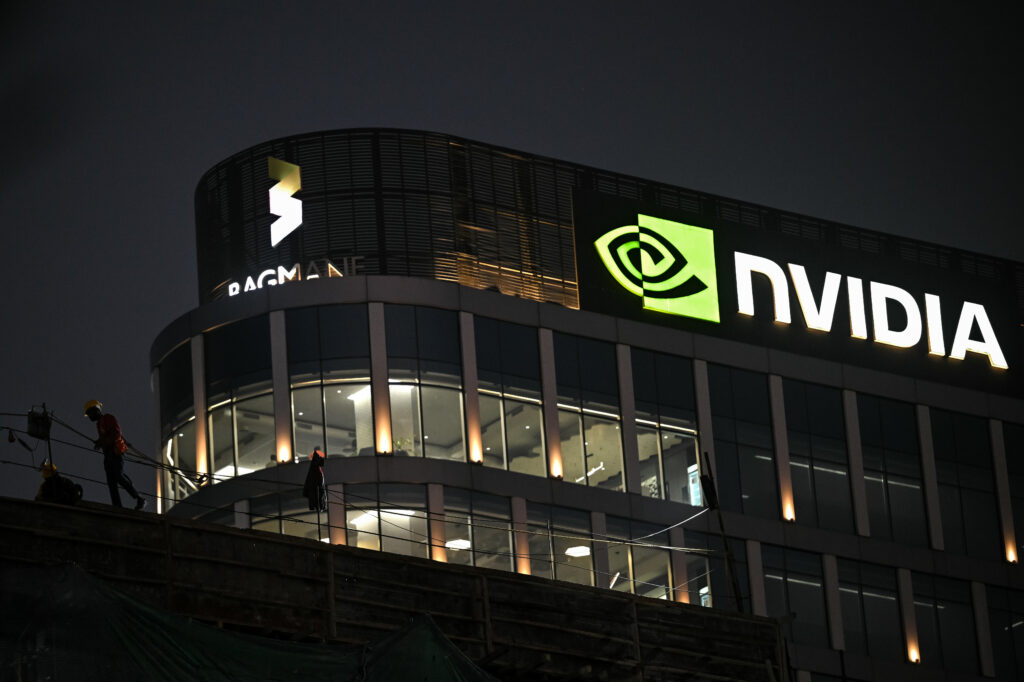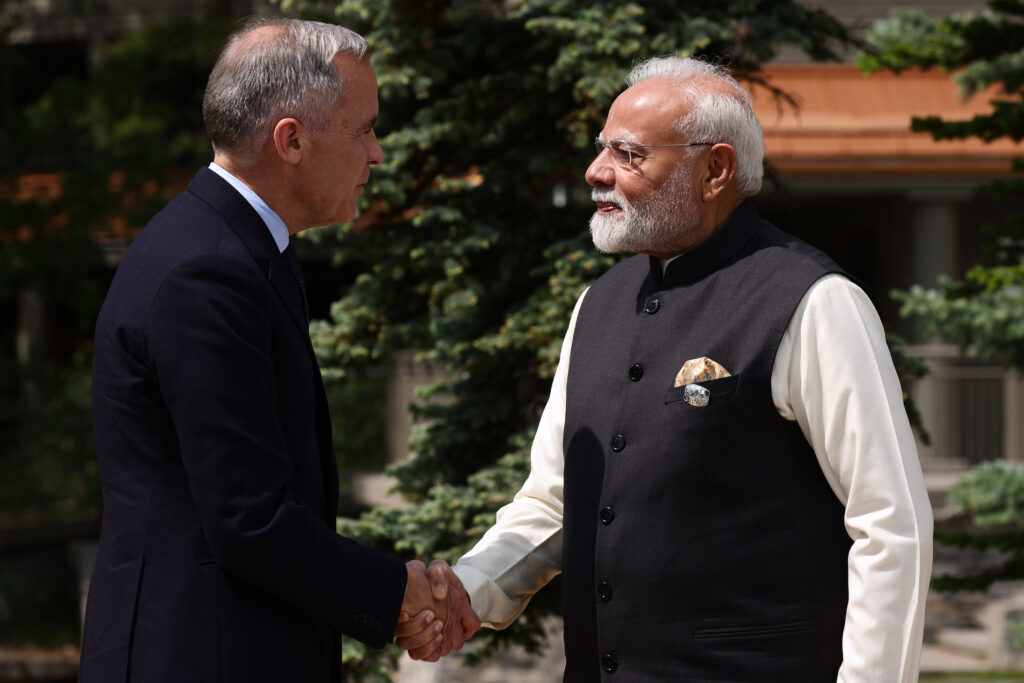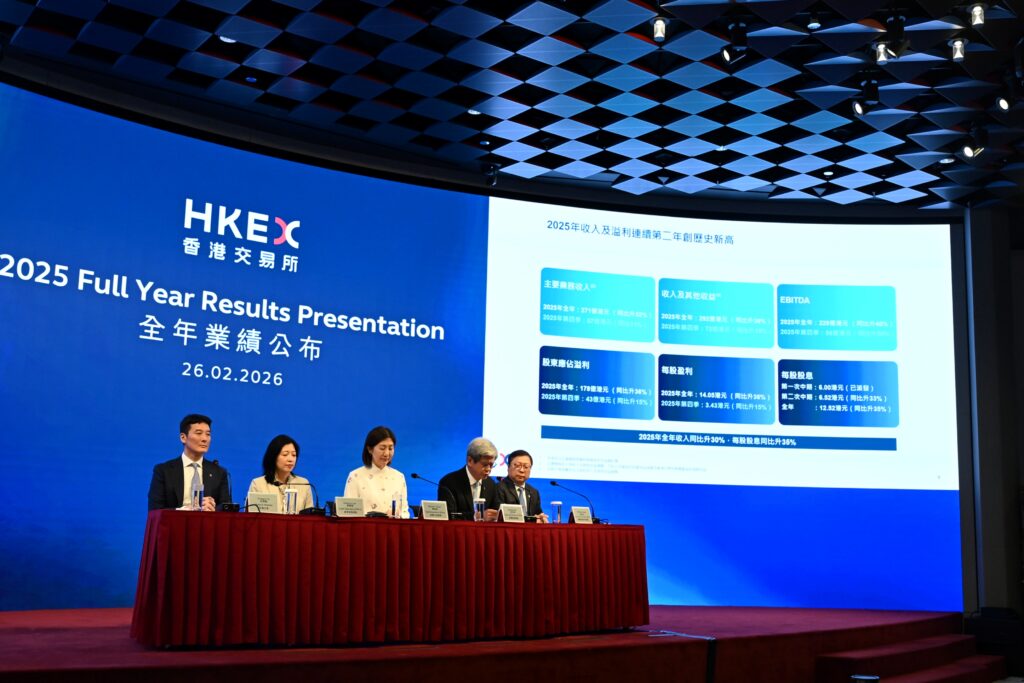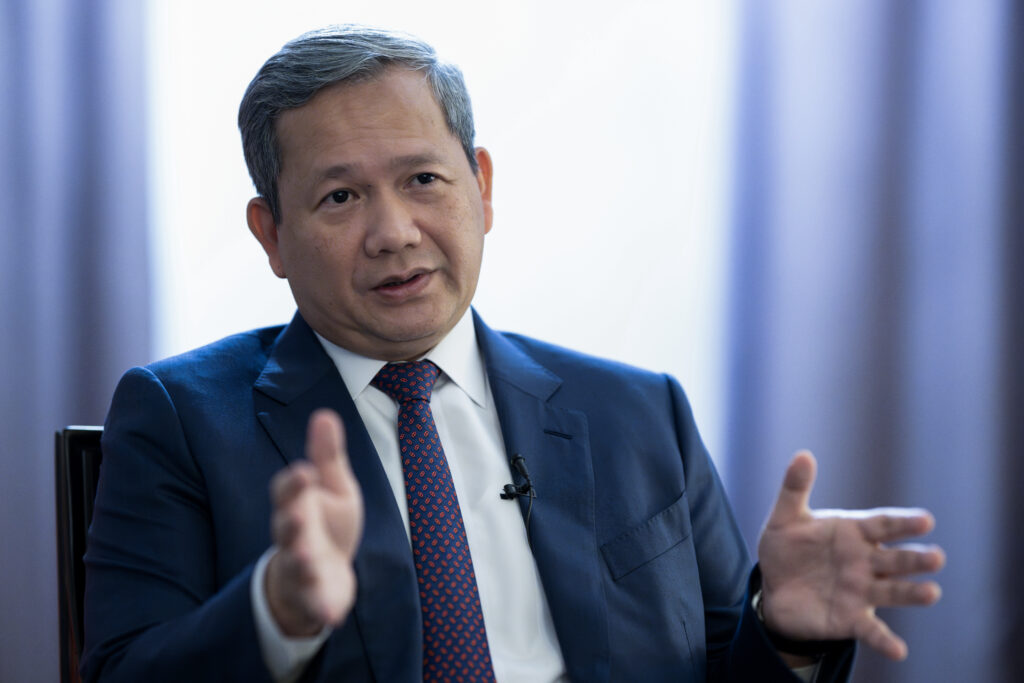Thieves target high-value Pokemon cards as franchise turns 30
What began as a quiet meetup of Pokemon enthusiasts at a US store ended with an armed robbery in which masked men held the group at gunpoint to steal more than $100,000 in trading cards.The January heist in New York was the latest in a string of thefts targeting collectors of Pokemon, the Japanese media franchise that marks its 30th anniversary on Friday.Pokemon cards, bearing “little monsters” that attract children as well as adult superfans, have soared in value in recent years. US influencer Logan Paul this month set a new world record by banking $16.5 million with his sale of a rare Pikachu card — arguably the most iconic Pokemon character.But high prices have attracted criminals keen to cash in. Pokemon cards “are high value in a small footprint, demand is broad and consistent, and the resale ecosystem is large,” said Nick Jarman, founder and CEO of the Certified Trading Card Association.”That combination means stolen product can move quickly — sometimes across state lines — through a mix of online marketplaces, card shows, and informal buyer networks,” he told AFP.- ‘Big target’ -The New York robbery, which police are yet to solve, was not an isolated incident.Thieves in California made off this month with about $180,000 worth of Pokemon trading cards after drilling through a wall to access a store. “We got a big target on our back in this trading card, collectible world now,” owner Duy Pham told CBS News after the burglary.It was the second time in less than a year that his shop was robbed.Similar thefts have also been reported in Japan, Britain, Canada and Australia.”In some cases, incidents appear opportunistic, smash-and-grab, while others look more targeted — suggesting prior knowledge of store layouts, closing routines, or where higher-value inventory is kept,” Jarman said.He noted that many shops operate on thin margins, so boosting security measures can be a financial burden. – ‘Not fun anymore’ -Ranging from Pikachu the mouse to Jigglypuff the balloon, there are now more than 1,000 different Pokemon characters, with new “generations” released every few years.Collecting Pokemon cards has become a form of investment beyond collecting, trading or playing. One website, Collectr, offers trading card portfolio management and valuation tools for users looking to track their assets.Factors determining value include Pokemon cards’ rareness, the character and the artist, who is indicated on the card.But for some, the surge in prices has yanked the joy from what was a casual hobby. Grace Klich, a US-based Pokemon influencer, told AFP she had pulled back from collecting after becoming “fatigued.””When it gets to the point where local card stores are being broken into and people are getting a gun shoved in their face over cards, it is not all fun and cute anymore,” she said.”It was never about the value of items, or gaining respect, it was because I had a genuine love for such a wonderful franchise,” she said.





